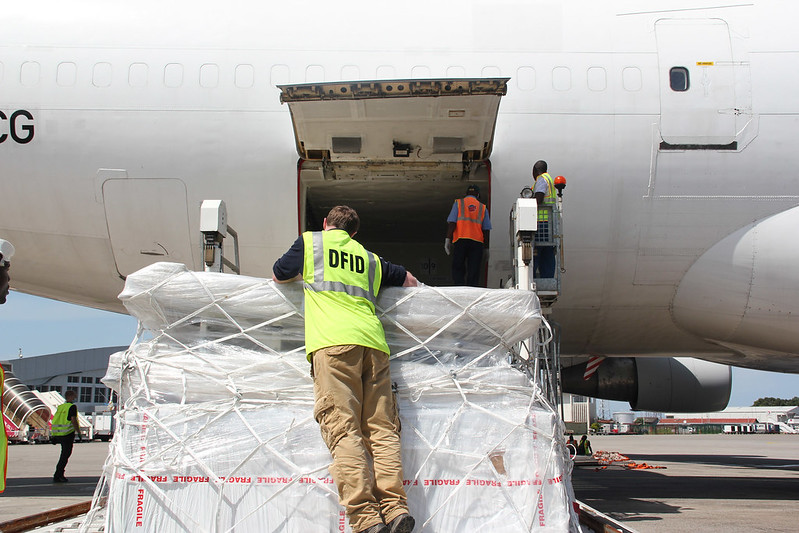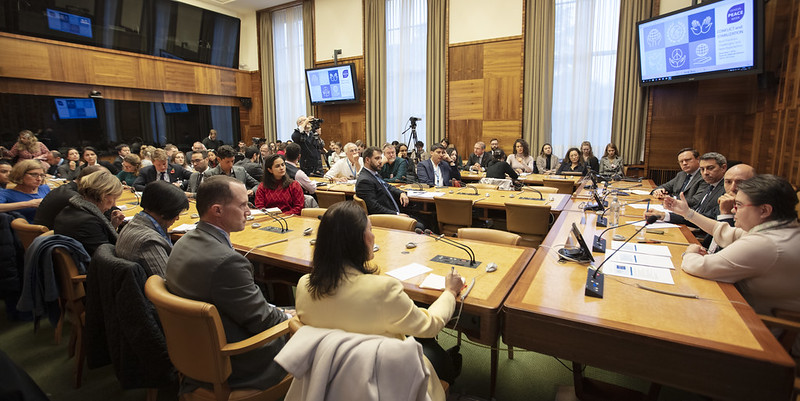Recommended
Introduction
In the final days of 2019, Congress passed the Global Fragility Act, an ambitious bill that aims to improve how the US government approaches stabilizing conflict-affected states and preventing the escalation of violence in other fragile contexts. Introduced by a coalition of lawmakers from both sides of the aisle in the House and Senate—led by House Foreign Affairs Committee Chair Eliot Engel (D-NY) and Senator Chris Coons (D-DE)—a version of the legislation was passed by the House this spring and boasted 26 cosponsors in the Senate. The Global Fragility Act’s final passage, as part of a large FY2020 spending bill, is a testament to bipartisan commitment and cooperation.
The Global Fragility Act asks the State Department to create—jointly with USAID, the Department of Defense, and other agencies—a coordinated, coherent strategy to help prevent violence in fragile states and stabilize conflict-affected areas. As overseers of the taxpayer funds that will be used to implement the act, Congress also included several provisions to hold these agencies to account for achieving results. Accountability for results is important, especially when overseers are far removed from implementation. But how accountability is structured matters quite a bit. When accountability frameworks revolve largely around tight controls and reporting against targets, their good intentions can backfire and contribute to ineffective programming, especially in fragile states.
To ensure that the Global Fragility Act’s accountability requirements support rather than undermine the act’s laudable goals, the monitoring, evaluation, and learning processes that accompany the act’s implementation must accomplish two linked but fundamentally distinct things. They must be able to satisfy Washington-based overseers’ reporting needs while also providing projects the space needed for locally informed adaptive management and learning (or continuous adjustment aimed at achieving transformative aims in a dynamic context), which is associated with better outcomes in fragile states. The Global Fragility Act offers an opportunity to rethink the tools through which aid agencies pursue accountability. This note explains how tight controls and target-oriented reporting can negatively affect outcomes in fragile states and offers some initial recommendations for creating a stronger, outcome-oriented accountability framework.
Rights & Permissions
You may use and disseminate CGD’s publications under these conditions.







